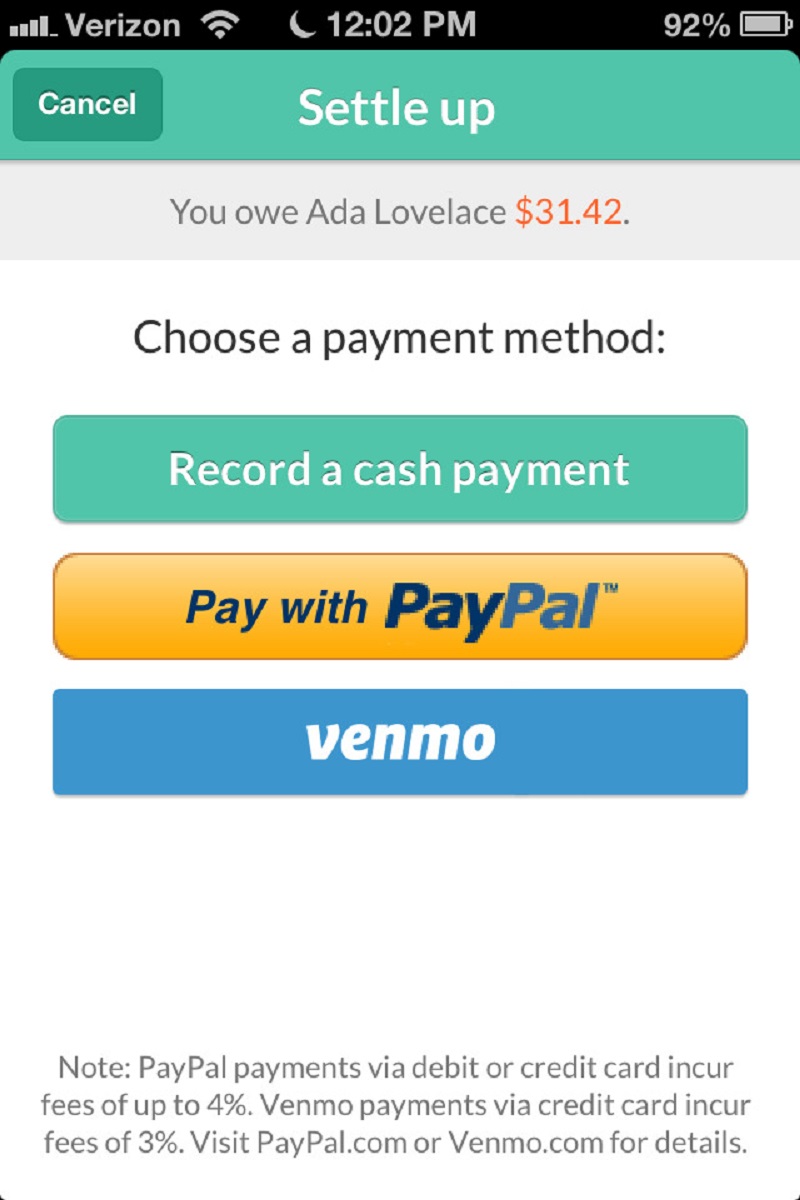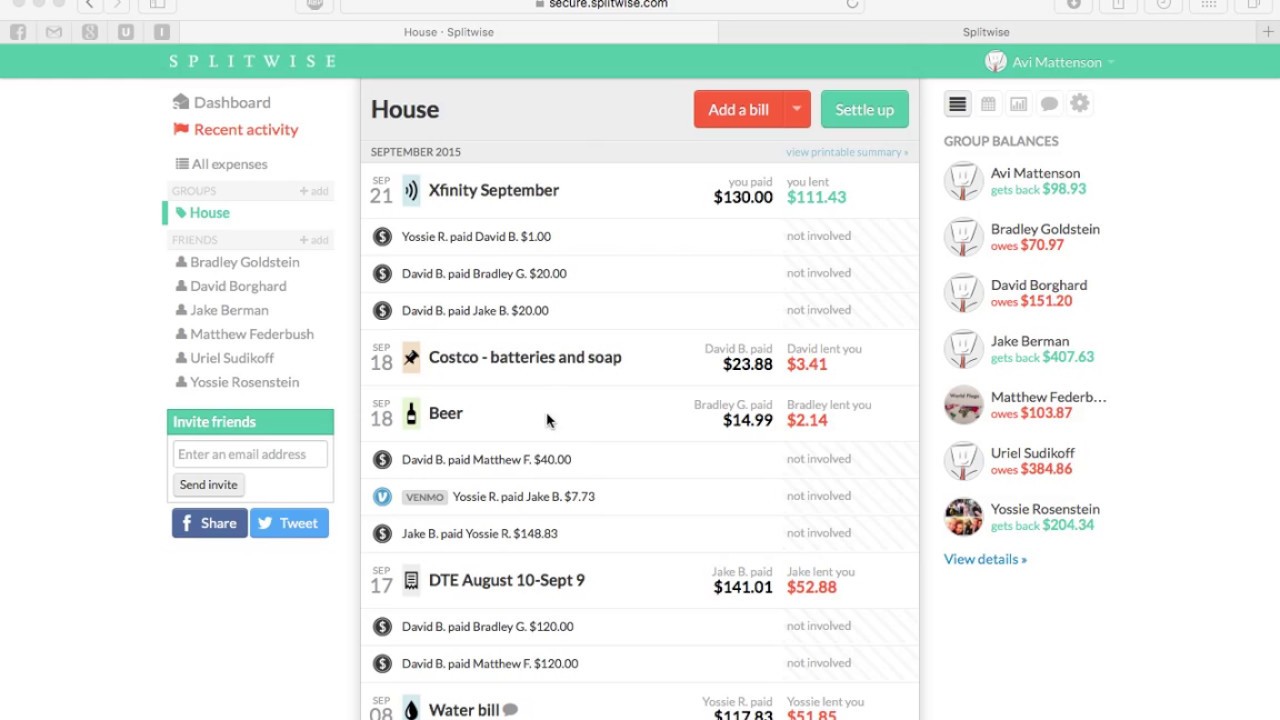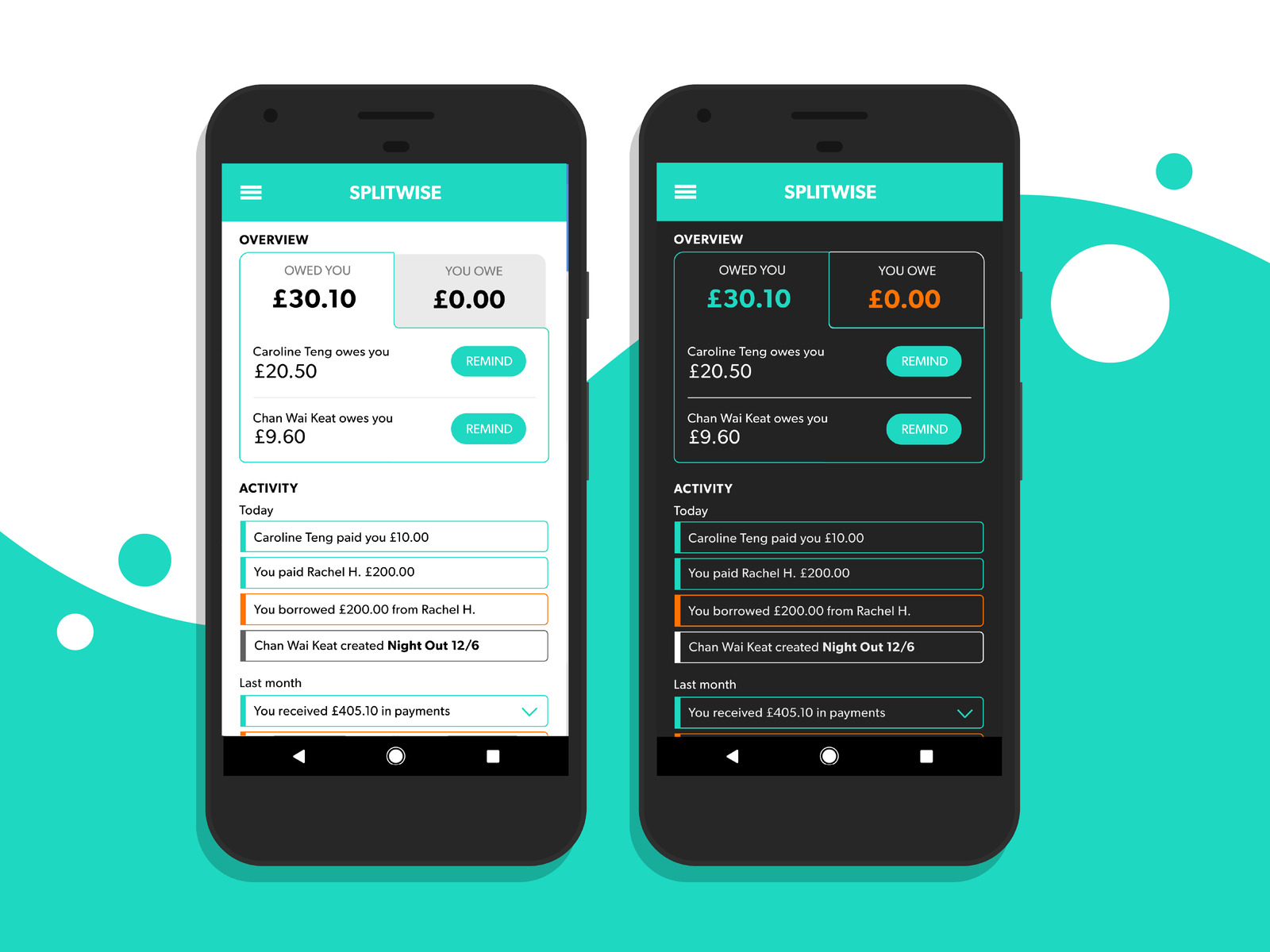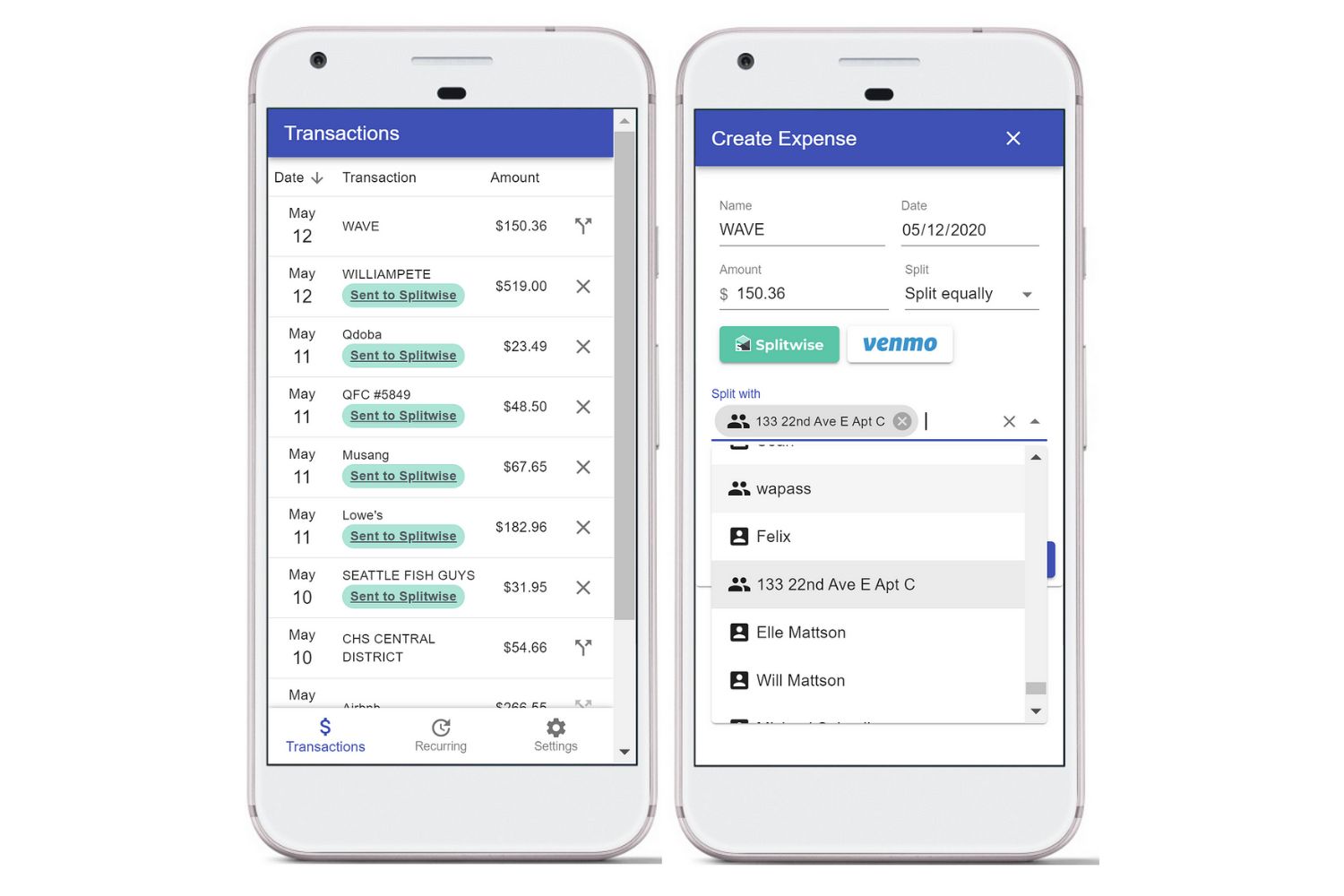Introduction
Facebook, the social media giant that has become a household name, has been embroiled in a high-profile privacy scandal that has shaken the trust of millions of users worldwide. The company has faced numerous lawsuits and regulatory scrutiny over its handling of user data and privacy policies.
With the gravity of the situation, many have wondered when Facebook will pay settlements in relation to these legal battles. This article aims to provide an overview of the Facebook privacy scandal, the lawsuits the company is facing, and the timeline for the settlement payments.
The Facebook privacy scandal erupted in 2018 when it was revealed that the personal data of millions of users had been harvested without their consent by Cambridge Analytica, a political consulting firm. This revelation sparked outrage among Facebook users and triggered a global debate on the importance of protecting online privacy.
As a result of the scandal, several lawsuits were filed against Facebook by individuals, organizations, and even governments. These lawsuits alleged various violations, including the mishandling of user data, deceptive practices, and the breach of privacy laws.
One of the most significant legal actions against Facebook came from the Federal Trade Commission (FTC), the primary consumer protection agency in the United States. The FTC accused Facebook of violating a previous settlement from 2012, which required the company to better protect user privacy.
In response to the allegations, Facebook entered into negotiations with the FTC to reach a settlement agreement. After months of deliberations, the two parties finally reached an agreement, and the settlement was announced in 2019.
The details of the Facebook settlement with the FTC are crucial to understanding when the payments will be made. The settlement imposed a historic $5 billion fine on the company, one of the largest penalties ever imposed in the technology industry. In addition to the monetary penalty, the settlement also required Facebook to implement stronger privacy controls and establish an independent privacy oversight committee.
Now that the settlement agreement has been reached, many individuals and organizations are eagerly awaiting the payments. However, the timeline for the Facebook settlement payments is subject to various factors and challenges that may cause delays in the process.
In the following sections, we will delve deeper into the details of the Facebook settlement, the anticipated timeline for the payments, and the possible obstacles that could impact the process. Understanding these factors will provide valuable insights into when Facebook will pay settlements and the implications this will have for the company and its users.
Overview of the Facebook Privacy Scandal
The Facebook privacy scandal of 2018 revealed a significant breach of trust between the social media giant and its users. The scandal centered around the unauthorized harvesting of personal data from millions of Facebook users by Cambridge Analytica, a political consulting firm.
Cambridge Analytica obtained the data through a third-party app that collected information not only from the app’s users but also from their friends, without their knowledge or consent. This allowed the firm to build detailed profiles of individuals for targeted political advertising and influence campaigns.
The revelation of this data misuse caused outrage among users, lawmakers, and privacy advocates worldwide. It shed light on the practices of collecting and utilizing personal data in the digital age, putting the spotlight on Facebook’s handling of user privacy.
The scandal exposed the vulnerabilities in Facebook’s data protection measures, leading to widespread concerns about how the company handles user information. It raised questions about transparency, consent, and the ethical responsibilities of social media platforms when it comes to safeguarding user privacy.
In response to the scandal, Facebook faced significant backlash and was heavily scrutinized by regulators and governments across the globe. It led to legal repercussions, public apologies from Facebook executives, and a commitment to take steps to address the privacy concerns raised by the scandal.
As a result, Facebook made several changes to its privacy policies and introduced new features to give users more control over their data. The company pledged to enhance data protection measures, increase transparency, and provide clearer explanations of how user data is used.
Despite these efforts, the Facebook privacy scandal served as a wake-up call for the broader public, highlighting the need for stronger regulations and increased awareness around data privacy in the digital age. It sparked a global conversation around privacy rights, data breaches, and the role of technology companies in the protection of user information.
The aftermath of the scandal also led to increased scrutiny of other tech giants and their data practices, causing a ripple effect throughout the industry. Companies like Google and Twitter faced similar investigations and regulatory pressure to improve their data protection measures and privacy policies.
Overall, the Facebook privacy scandal was a watershed moment that highlighted the importance of user privacy and data security in the digital era. It propelled discussions on policy reform, stricter regulations, and an increased focus on protecting user information from unauthorized access and misuse. The repercussions of the scandal continue to reverberate in the tech industry and beyond, reshaping the way companies handle and prioritize user privacy.
Lawsuits against Facebook
The Facebook privacy scandal sparked a wave of lawsuits against the social media giant, with individuals, organizations, and even governments seeking legal recourse for alleged violations. These lawsuits targeted various aspects of Facebook’s practices, including data privacy, user consent, and deceptive practices.
One of the key lawsuits filed against Facebook was the class-action lawsuit brought by users affected by the Cambridge Analytica scandal. This lawsuit accused Facebook of negligence, breach of contract, and violating various privacy laws, seeking damages for the unauthorized use of their personal data.
In addition to the class-action lawsuit, several regulatory authorities and government agencies initiated legal action against Facebook. The Federal Trade Commission (FTC) in the United States filed a lawsuit alleging that Facebook violated an existing settlement from 2012 by failing to protect user data and engaging in deceptive practices.
Several states within the United States also launched their own legal actions against Facebook, accusing the company of anticompetitive behavior and monopolistic practices. These lawsuits aim to hold the company accountable for its dominance in the social media market and alleged harm to competitors and users.
Outside of the United States, various governments and regulatory bodies have also taken legal action against Facebook. For instance, the United Kingdom’s Information Commissioner’s Office (ICO) imposed a fine on Facebook for data breaches related to the Cambridge Analytica scandal.
These lawsuits reflect the growing concerns over data privacy, digital rights, and the concentration of power in the hands of tech giants. They serve as a catalyst for holding Facebook accountable for its actions and seeking compensation for the damage caused by its data mishandling and privacy violations.
The lawsuits against Facebook present significant legal challenges for the company. They involve complex issues surrounding data protection laws, privacy regulations, and the balance between user consent and corporate responsibility. The outcomes of these legal battles have the potential to shape the future of data privacy and regulation in the digital age.
It is important to note that while lawsuits against Facebook are numerous and diverse, the legal process can be time-consuming, and the resolution of these cases may take years. As such, it is crucial to monitor ongoing developments and legal proceedings to understand the impact these lawsuits will have on Facebook and its users.
Facebook’s Settlement with the Federal Trade Commission (FTC)
After months of negotiations, Facebook reached a settlement with the Federal Trade Commission (FTC) in response to the privacy scandal surrounding the unauthorized use of user data by Cambridge Analytica. The settlement, announced in 2019, aimed to address the concerns raised by the FTC and set forth requirements for Facebook to improve its privacy practices.
The Facebook settlement with the FTC was a historic agreement, both in terms of the monetary penalty imposed and the provisions put in place to ensure better data protection for users. Under the terms of the settlement, Facebook agreed to pay a record-breaking $5 billion fine, one of the largest penalties ever imposed in the technology industry.
In addition to the monetary fine, the settlement required Facebook to implement stronger privacy controls and establish an independent privacy oversight committee. This committee, consisting of independent members of the company’s board of directors, would provide oversight and ensure that Facebook abides by its privacy commitments.
The settlement also mandated changes to Facebook’s data handling practices, including requiring the company to obtain clear and explicit user consent for sharing personal information beyond what users had originally agreed to. This aimed to address concerns about Facebook’s past practices of allowing third-party access to user data without adequate consent.
Furthermore, the settlement required Facebook to exercise greater transparency by providing detailed explanations of how user data is used and by regularly providing reports to the FTC regarding its compliance with the settlement’s provisions.
By reaching this settlement, Facebook aimed to demonstrate its commitment to addressing the privacy concerns raised by the Cambridge Analytica scandal and to comply with the requirements set forth by the FTC. The agreement served as a significant step towards rebuilding user trust and restoring confidence in the company’s data handling practices.
However, it is important to note that while the settlement marked an important milestone, it does not necessarily absolve Facebook of further legal and regulatory actions. The settlement with the FTC only addressed specific allegations related to the Cambridge Analytica scandal, and Facebook may still face ongoing investigations and lawsuits relating to other privacy and data protection issues.
Overall, the Facebook settlement with the FTC is a significant development in the aftermath of the privacy scandal. The rigorous provisions and the substantial financial penalty imposed on Facebook set a precedent for the tech industry and underscore the increasing importance placed on protecting user privacy in the digital age.
Details of the Facebook Settlement
The settlement reached between Facebook and the Federal Trade Commission (FTC) following the privacy scandal involving Cambridge Analytica includes various provisions and requirements aimed at improving user privacy and data protection. Here are some key details of the Facebook settlement:
1. Monetary Penalty: Facebook agreed to pay a record $5 billion fine as part of the settlement. This substantial penalty reflects the severity of the privacy violations and serves as a deterrent against similar practices in the future.
2. Privacy Oversight Committee: Facebook is required to establish an independent privacy oversight committee within its board of directors. This committee will provide independent oversight and evaluate the company’s privacy practices, ensuring compliance with the settlement’s provisions.
3. Enhanced Privacy Controls: The settlement mandates that Facebook strengthens its privacy controls and obtains clear and explicit user consent for sharing personal information beyond what users initially agreed to. These measures aim to give users more control over their data and prevent unauthorized access.
4. Transparency Requirements: Facebook is required to provide detailed explanations of its data practices to users, including how information is collected, used, and shared. The company must also regularly report to the FTC regarding its compliance with the settlement’s provisions, increasing transparency and accountability.
5. Training and Compliance: Facebook must establish a comprehensive privacy program and provide extensive training to its employees on privacy and data protection. This initiative is aimed at ensuring compliance with the settlement and fostering a privacy-centric culture within the company.
6. Data Deletion: As part of the settlement, Facebook is required to delete specific user data that was collected without proper consent. This includes data obtained through apps connected to the Cambridge Analytica scandal, reinforcing the importance of user consent and the removal of unlawfully obtained information.
7. Third-Party Audits: To ensure ongoing compliance, the settlement permits the FTC to conduct regular audits of Facebook’s privacy practices. These audits will assess the company’s adherence to the settlement’s provisions and verify the effectiveness of its privacy controls.
It is important to note that the Facebook settlement is not limited to the consequences of the Cambridge Analytica scandal alone. While it addresses specific allegations related to that incident, Facebook may still face regulatory actions and legal challenges related to other privacy and data protection issues.
The details of the settlement reflect the commitment of both Facebook and the FTC to protect user privacy and hold the company accountable for past shortcomings. The provisions in the settlement aim to improve transparency, enhance user control over their data, and foster a culture of privacy within Facebook.
Moving forward, both Facebook and the regulatory authorities will monitor the company’s adherence to the settlement’s requirements to ensure that the privacy of Facebook users is adequately protected.
Timeline for the Facebook Settlement Payments
After the announcement of the settlement between Facebook and the Federal Trade Commission (FTC), many have been eager to understand when the payments will be made. However, the exact timeline for the Facebook settlement payments is subject to various factors and challenges that may impact the process.
Once the settlement agreement is reached, there are several steps that need to be completed before the payments can be made. First, the settlement agreement must receive final approval from the court overseeing the case. The court’s approval is necessary to ensure that the terms of the settlement are fair and in the best interest of the affected parties.
Following court approval, there may be a period during which affected individuals or organizations have the opportunity to submit claims for compensation. This claims process allows those who have been affected by Facebook’s privacy violations to seek restitution for any harm they may have suffered.
Once the claims process is complete, the settlement administrator, appointed by the court or the FTC, will review and verify the claims submitted. This involves ensuring that the claims meet the eligibility criteria outlined in the settlement agreement.
After the verification process, the settlement administrator will determine the distribution of the settlement funds among the eligible claimants. The funds will be allocated based on the specified criteria, such as the extent of harm suffered or the number of individuals affected.
Once the allocation is finalized, the settlement administrator will initiate the distribution of payments to the approved claimants. The method of payment may vary, with options such as direct deposit or checks sent by mail.
However, it is important to note that the timeline for these processes can be influenced by various factors. The complexity of the settlement, the number of claims submitted, and any potential legal challenges to the settlement can all affect the timeline.
In some cases, the settlement payments may be completed within a few months of the settlement agreement. However, in more complex cases or if there are significant legal challenges, the process may take longer, potentially extending to months or even years.
It is important for affected individuals or organizations to stay informed through official channels, such as the settlement administrator’s website or communications from the FTC, regarding the progress and status of the settlement payments.
Facebook’s cooperation and compliance with the settlement’s provisions are also factors that can impact the release of payments. If Facebook fails to adhere to the terms of the settlement, it may lead to delays or additional legal actions by the FTC or affected parties.
In summary, while there is anticipation around when the Facebook settlement payments will be made, the timeline is dependent on various factors such as court approval, the claims process, verification, and the final distribution of funds. Monitoring official updates and remaining patient during this process will provide a better understanding of when the payments will be issued.
Challenges and Delays in the Settlement Process
While settlements are intended to provide resolution and compensation in legal cases, there are often challenges and delays that can arise during the settlement process. The Facebook settlement with the Federal Trade Commission (FTC) is no exception, and several factors may impact the timing and progress of the settlement.
One of the primary challenges is the complexity of the settlement itself. In the case of Facebook, the privacy scandal involved millions of users and intricate data privacy issues. As a result, the settlement agreement may need to address a wide range of factors, including the allocation of funds, verification of claims, and implementation of stricter privacy controls.
The claims process can also present challenges. When individuals or organizations are given the opportunity to submit claims for compensation, there is a need to ensure the validity and eligibility of these claims. This verification process can be time-consuming, especially if there is a large number of claims to review.
Legal challenges can further contribute to delays in the settlement process. Different parties may contest the terms of the settlement or raise objections, and these disputes may need to be resolved through additional court proceedings. Such legal battles can prolong the settlement process and impact the timeline for payment distribution.
In some cases, the settlement process may be delayed due to administrative hurdles and logistical considerations. Coordinating the distribution of funds to eligible claimants, especially in large settlements like that with Facebook, requires effective organization and communication. Delays can occur if there are difficulties in verifying claimant information or if there are complications in determining the appropriate amount of compensation for each claim.
Additionally, unforeseen developments or changes in regulations can also cause delays in the settlement process. Applicable laws and regulations may change during the course of the settlement, leading to reassessments and adjustments that need to be made, further extending the timeline for payments.
It is important for those affected by a settlement, including Facebook users in this case, to be patient and stay informed about the ongoing developments. Following official communications from the settlement administrator or the FTC will provide updates on the progress of the settlement and any challenges or delays that may arise.
Ultimately, while delays and challenges in the settlement process are not uncommon, the goal remains to ensure that affected individuals or organizations receive the compensation they are entitled to and that adequate changes are implemented to address the underlying issues. By navigating these challenges and overcoming delays, a fair and equitable resolution can be achieved.
Impact of the Settlement on Facebook and its Users
The settlement reached between Facebook and the Federal Trade Commission (FTC) has significant implications for both the company and its vast user base. The outcome of the settlement will have far-reaching consequences, shaping privacy practices, user trust, and the broader landscape of data protection in the digital age.
First and foremost, the settlement brings a financial burden to Facebook. The $5 billion fine imposed on the company serves as a substantial penalty for its privacy violations and sets a precedent for the consequences of mishandling user data. This hefty fine is intended to hold Facebook accountable for its actions and deter similar misconduct by other companies in the future.
Beyond the financial impact, the settlement requires Facebook to implement stronger privacy controls and establish an independent privacy oversight committee. These measures aim to address the trust deficit resulting from the privacy scandals, as users will expect more transparency and accountability from the company in safeguarding their personal information.
For users, the settlement should result in more explicit and transparent consent mechanisms, empowering individuals to have greater control over their own data. Facebook will be required to obtain clear consent and provide detailed explanations regarding the collection, use, and sharing of user information. This increased transparency will enable users to make more informed choices about their privacy settings and the use of their personal data.
The settlement also puts a spotlight on the broader issue of data privacy in the digital era. It serves as a wake-up call for both users and technology companies, reminding them of the importance of safeguarding user information and respecting privacy rights. The repercussions of the Facebook settlement extend beyond the company itself, influencing the practices and policies of other tech giants who may face similar regulatory scrutiny.
Furthermore, the settlement emphasizes the role of regulatory bodies in protecting user privacy. It reiterates the authority and responsibility of regulators to hold companies accountable and enforce regulations that safeguard user data. This has the potential to lead to greater oversight and stricter enforcement of privacy laws by regulatory agencies worldwide.
While the settlement is a step towards addressing the privacy concerns raised by Facebook’s actions, it does not guarantee that future privacy violations will not occur. Ongoing vigilance from both users and regulators will be essential in holding companies accountable for their data practices and ensuring continued compliance with privacy laws.
Ultimately, the impact of the settlement on Facebook and its users will depend on how effectively the company implements the required changes and rebuilds trust with its user base. By complying with the settlement’s provisions and prioritizing user privacy, Facebook can work towards regaining user confidence and demonstrating its commitment to responsible data handling.
The effects of the settlement will be felt not only within the confines of Facebook but also across the broader digital landscape. The settlement serves as a pivotal moment in shaping the future of data protection, privacy regulations, and user empowerment in the digital age.
Conclusion
The Facebook settlement with the Federal Trade Commission (FTC) marks a crucial milestone in addressing the privacy scandal that rocked the tech giant and sparked a global conversation on data protection. The settlement entails a record-breaking fine, improved privacy controls, and the establishment of an independent privacy oversight committee.
Throughout this article, we have explored various aspects of the Facebook settlement, including the timeline for payment distributions, challenges in the settlement process, and the impact on both Facebook and its users. The settlement aims to hold Facebook accountable for its privacy violations, provide restitution for affected individuals, and drive improvements in data protection practices.
While the settlement serves as an important step forward, it does not guarantee an end to privacy challenges for Facebook or the broader tech industry. Ongoing vigilance from users, regulators, and technology companies remains essential in safeguarding data privacy and ensuring compliance with regulations.
The Facebook settlement serves as a wake-up call for the industry, reinforcing the significance of user privacy, transparency, and user control over personal data. It highlights the need for stronger regulations and renewed efforts by technology companies to prioritize the privacy and trust of their users.
Moving forward, it is crucial for individuals, organizations, and regulatory bodies to remain vigilant and continue advocating for robust data protection measures. The lessons learned from the Facebook settlement should drive a collective commitment to establishing comprehensive privacy frameworks that protect users’ rights and hold companies accountable.
As technology continues to evolve, it is essential to strike a balance between innovation and privacy. Users should remain informed about the data they share, understand their rights, and make informed decisions about which platforms they entrust with their personal information.
In conclusion, the Facebook settlement represents a significant step towards addressing privacy concerns and setting a precedent for data protection in the digital age. By holding companies accountable, fostering transparency, and empowering users, we can collectively create a digital landscape that respects and safeguards our fundamental right to privacy.

























